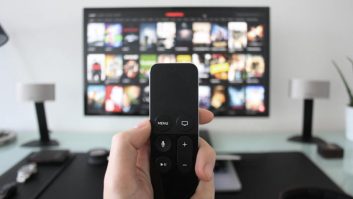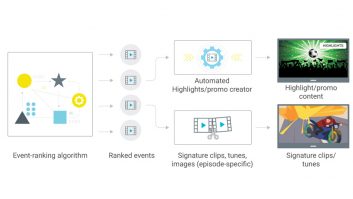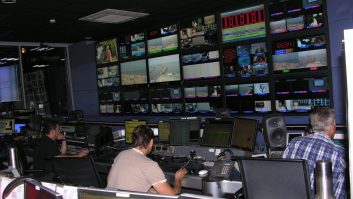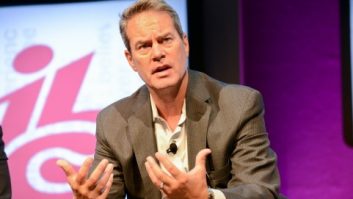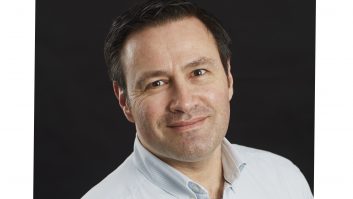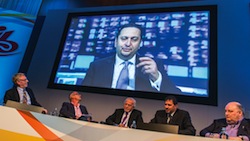
“Since Mohamed Bouazizi set himself on fire, just under two years ago in Tunisia, governments have been overthrown in Egypt, Libya, Tunisia and Yemen, and shaken to their foundations in most of the rest of the Arab world. Today’s civil war in Syria has further destabilising implications for the region.” So spoke Tudor Lomas, a former BBC journalist and now director of the Jemstone Network in Jordan, who produced the IBC panel. Lomas set the scene, saying that despite the horror of Bouazizi’s death, it was the social media-inspired revolution that actually ignited the revolution, because despite many Arab governments closing down web sites and traffic, enough got through so that world-of-mouth spread the message like wildfire. This was certainly helped by the fact that two-thirds of the population is under 30, and in the Yemen it is fully three-quarters of the population. “They are young, frequently well-educated, and wanting their chance in the world but firmly kept in their place by regimes often in place for the past 40 years.” Nart Bouran, head of Sky News Arabia, was beamed into the session via live satellite link. He told delegates the citizen revolution had forced changes upon governments beyond the obvious replacement of regimes. “They are now speedier to respond [to problems]. But we also have to be very cautious that we, the broadcasters, are not being manipulated. “The majority of news coming out of Syria today is generated via social media. But despite the passion, can they be trusted? We attempt to verify every event via our own trusted sources. Nevertheless, despite all too frequently the news emerging being chaotic and obviously out of control, we remain under extreme pressure to report.” – Chris Forrester
